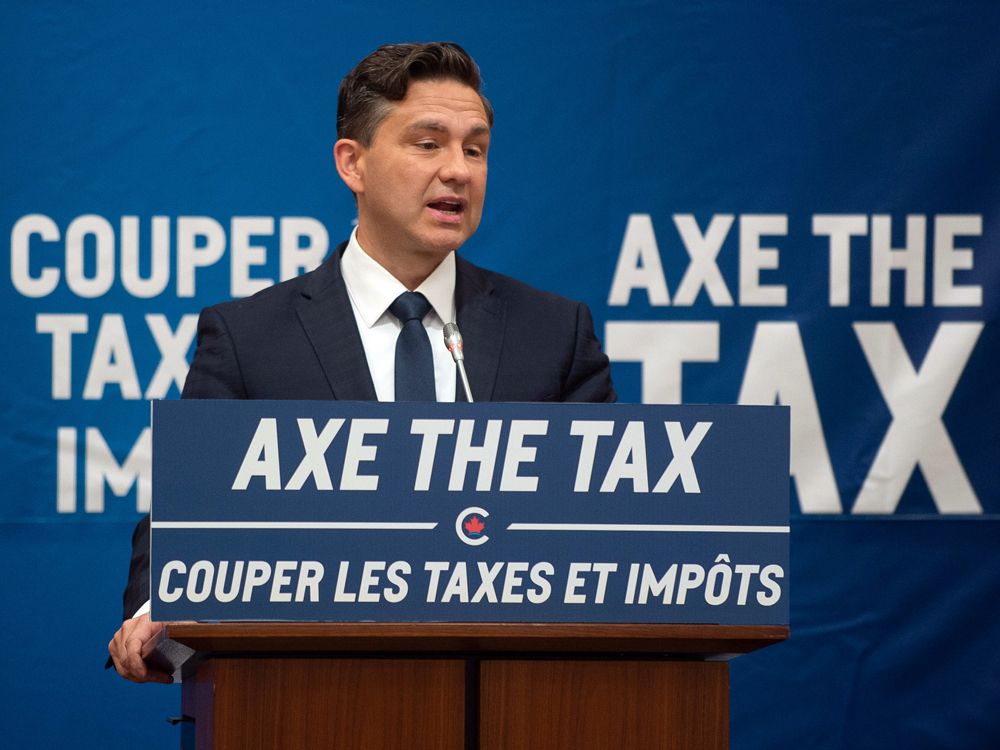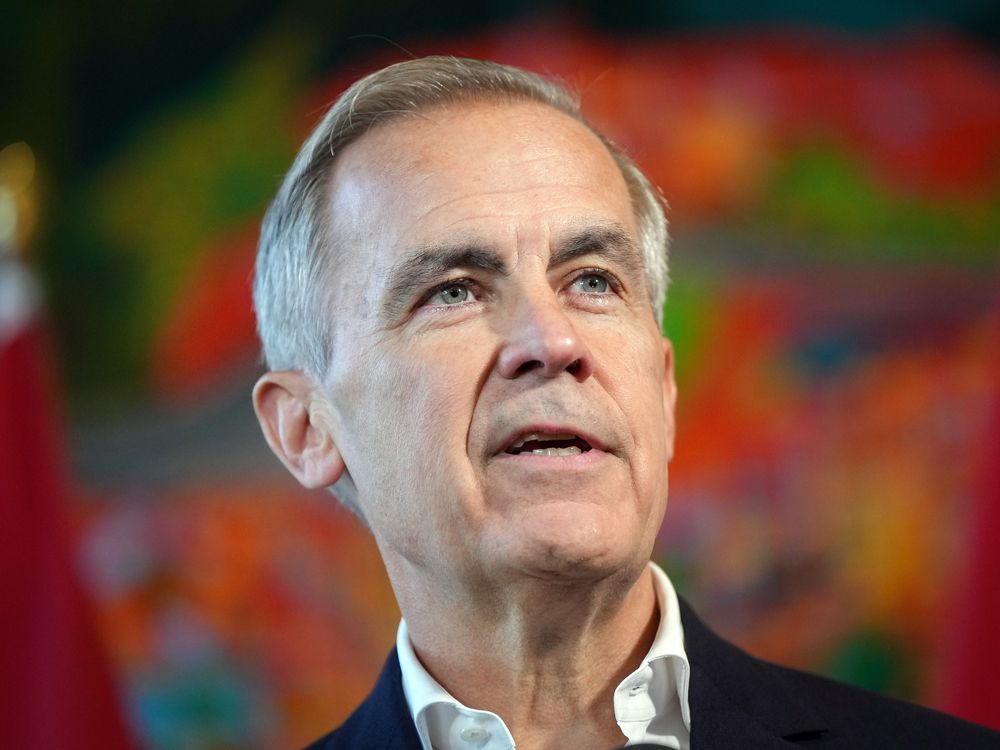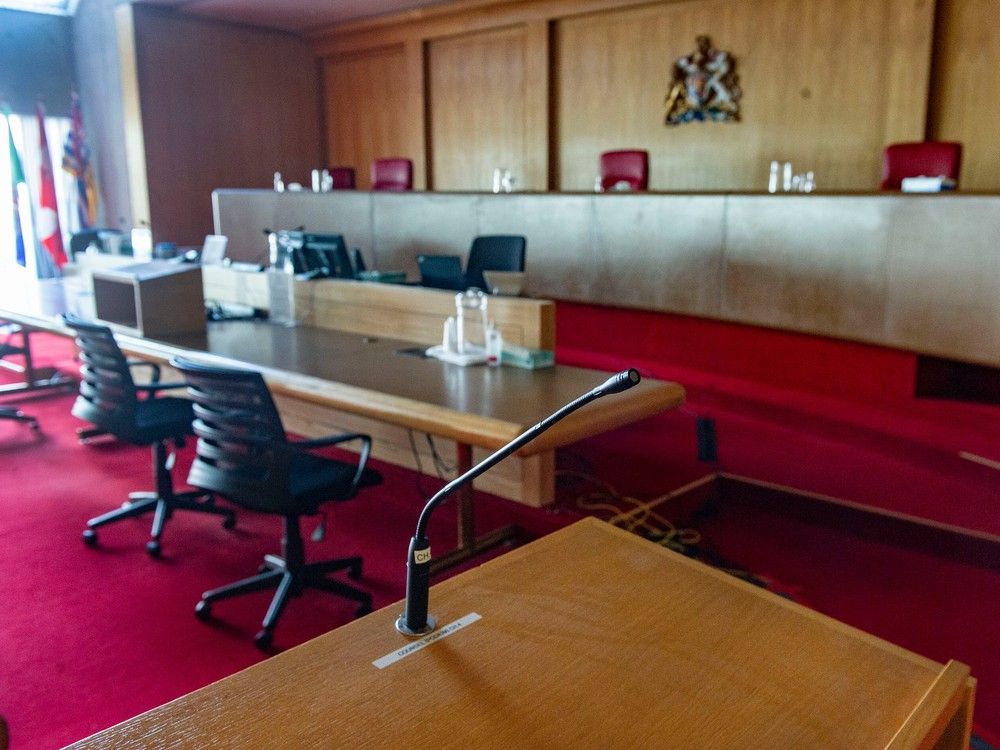Published Oct 15, 2024 • Last updated 0 minutes ago • 2 minute read

According to an Angus Reid poll from earlier this year, 59% of Canadians believe the federal government is spending too much and 64% said they’re concerned about the size of the budget deficit. Nanos Research had similar polling results, finding 63% of Canadians want Ottawa to reduce spending. These polling results are not surprising given the alarming state of federal finances.
Advertisement 2
THIS CONTENT IS RESERVED FOR SUBSCRIBERS ONLY
Subscribe now to read the latest news in your city and across Canada.
- Unlimited online access to articles from across Canada with one account.
- Get exclusive access to the Toronto Sun ePaper, an electronic replica of the print edition that you can share, download and comment on.
- Enjoy insights and behind-the-scenes analysis from our award-winning journalists.
- Support local journalists and the next generation of journalists.
- Daily puzzles including the New York Times Crossword.
SUBSCRIBE TO UNLOCK MORE ARTICLES
Subscribe now to read the latest news in your city and across Canada.
- Unlimited online access to articles from across Canada with one account.
- Get exclusive access to the Toronto Sun ePaper, an electronic replica of the print edition that you can share, download and comment on.
- Enjoy insights and behind-the-scenes analysis from our award-winning journalists.
- Support local journalists and the next generation of journalists.
- Daily puzzles including the New York Times Crossword.
REGISTER / SIGN IN TO UNLOCK MORE ARTICLES
Create an account or sign in to continue with your reading experience.
- Access articles from across Canada with one account.
- Share your thoughts and join the conversation in the comments.
- Enjoy additional articles per month.
- Get email updates from your favourite authors.
THIS ARTICLE IS FREE TO READ REGISTER TO UNLOCK.
Create an account or sign in to continue with your reading experience.
- Access articles from across Canada with one account
- Share your thoughts and join the conversation in the comments
- Enjoy additional articles per month
- Get email updates from your favourite authors
Article content
The Trudeau government has consistently spent at record-high levels before, during and after COVID. In fact, Prime Minister Justin Trudeau is on track to record the seven highest years of per-person spending in Canadian history between 2018 and 2024. Inflation-adjusted spending (excluding debt interest costs) is expected to reach $11,856 per person this year — 10.2% higher than during the 2008-09 financial crisis and 28.7% higher than during the peak of the Second World War.
Consequently, the Trudeau government has posted 10 consecutive deficits since taking office. The projected deficit in 2024-25 is a whopping $39.8 billion. This string of deficits has spurred a dramatic increase in federal debt. From 2014-15 (Prime Minister Stephen Harper’s last full year) to 2024-25, total federal debt is expected to have nearly doubled to $2.1 trillion. To make matters worse, the government plans to run more deficits until at least 2028-29 and total debt could rise by an additional $400.1 billion by March 2029.
By signing up you consent to receive the above newsletter from Postmedia Network Inc.
Article content
Advertisement 3
Article content
Indeed, due to reckless decisions, the Trudeau government is on track to record the five highest years of per-person debt (inflation-adjusted) in Canadian history between 2020 and 2024. As of 2024, Ottawa’s debt equals $51,467 per Canadian — 12.3% more than in 1995 when Canada reached a near-debt crisis.
Worse still, that doesn’t include any provincial or municipal debt, so the total government debt burden per Canadian is considerably higher.
Of course, to pay for this sky-high spending, the Trudeau government has borrowed and raised taxes. In addition to recently raising taxes on capital gains — harming entrepreneurship, investment and growth — the government has raised personal income taxes on middle-income families. Today, 86% of middle-income Canadian families pay more in taxes than they did in 2015.
Advertisement 4
Article content
And what has this combination of tax increases and record-high spending and debt delivered for Canadians?
Amid widespread concerns about the rising cost of living, the average Canadian family is spending more on taxes than on food, shelter and clothing combined. Despite a recent federal budget supposedly focused on “fairness for every generation,” younger generations face a disproportionately higher tax burden in the future due to debt accumulated today. Meanwhile, Canadian living standards (as measured by inflation-adjusted Gross Domestic Product per person) are in a historic decline and, as of June 2024, stood 3.2% below 2019 levels.
The current state of federal finances is simply unacceptable. Ottawa can and must do better. Canadians are already feeling the consequences and it will only continue to get worse for future generations if we don’t constrain spending and return to balanced budgets soon.
Jake Fuss and Grady Munro are fiscal policy analysts at the Fraser Institute
Article content
.png)
 2 days ago
9
2 days ago
9


































 Bengali (BD) ·
Bengali (BD) ·  English (US) ·
English (US) ·